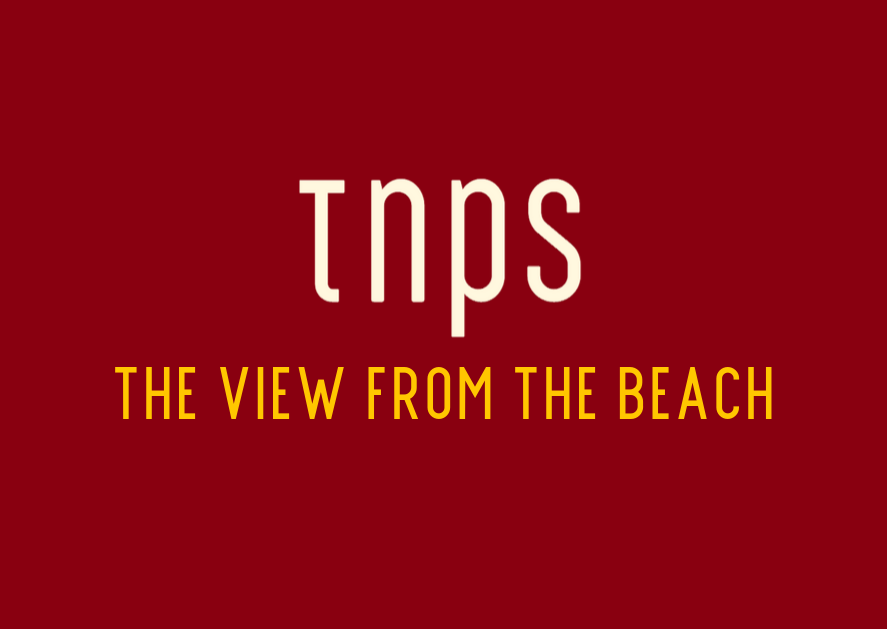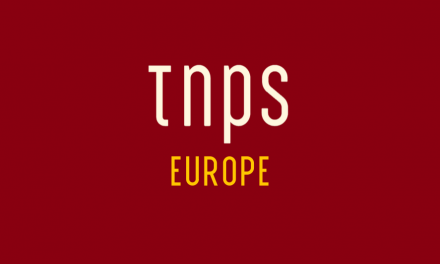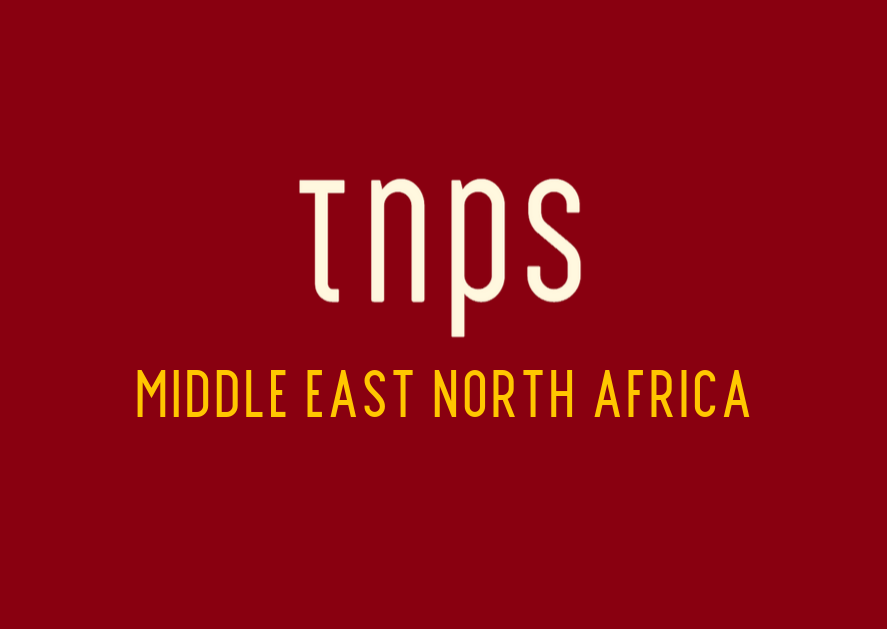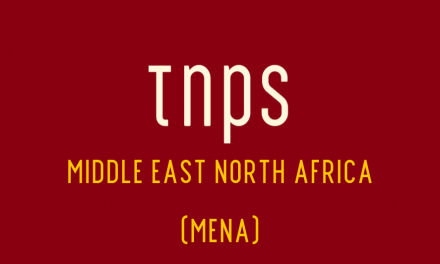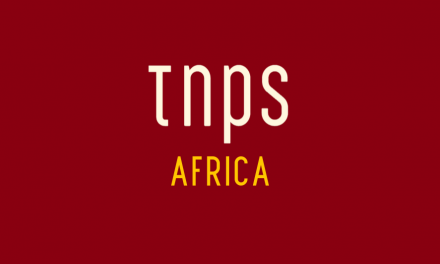The business of publishing – beyond the obvious commercial core – is to breakdown barriers, bring peoples and cultures together, and make the world a better place. Sentiments we often hear from publishing spokesfolk, but that rarely translates into reality on the ground. The Baku International Book Fair is a case in point.
The five day Baku International Book Fair began October 5 and runs through to October 9 this year.
Largely ignored by the wider world, the Baku fair’s opening ceremony was attended by representatives from Uzbekistan, Turkey, Iran and Russia, among ten foreign nations participating. A total of 60 non-Azer publishing houses are involved, alongside 118 Azer publishers, and also Azer bookstores. 200 events are scheduled foe the event, which finishes on Sunday.
With such company it’s hardly surprising most international publishers are not excited by the Baku International Book Fair, now in its 8th incarnation. But that’s a shame. The business of publishing – beyond the obvious commercial core – is to breakdown barriers, bring peoples and cultures together, and make the world a better place. Sentiments we often hear from publishing spokesfolk, but that rarely translates into reality on the ground. The Baku International Book Fair is a case in point.
Yes, there are times when boycotting an event is a necessary evil – as with the situation in Russia right now, where the intent is to punish a regime committing an international crime.
Equally we might argue there are faults on both sides in the never-ending conflict between Azerbaijan and Armenia that might justify us attending or not attending one or other country’s book fairs.
But mostly the indifference is just that: indifference. Eurasia book markets? Who cares?
Hopefully that will change when Georgia’s Gvantsa Jobava takes over as IPA Vice President in 2023 (and therefore in line to be IPA President in 2025) and we’ll perhaps see more publishing media focus on the Europe-Asia border countries.

